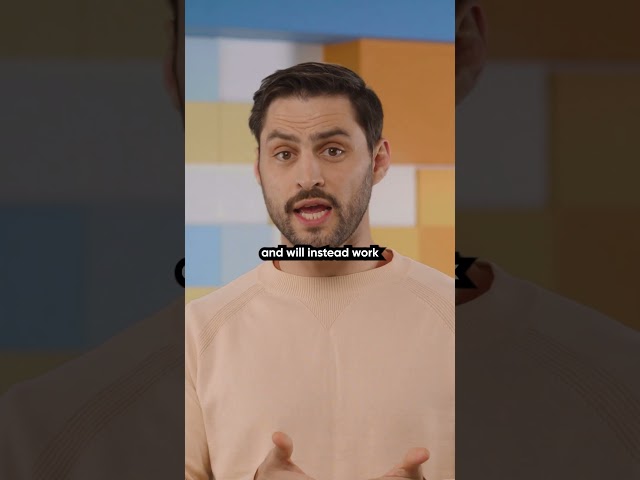In a rapidly evolving world, technology and faith often find themselves in a delicate dance, working towards a future where they can harmonize rather than clash. Recently, the leader of the Roman Catholic Church, Pope Leo XIV, has voiced concerns regarding the rapid advancement of technology that seeks to mimic and, at times, surpass human intelligence.
Pope Leo XIV’s recent statements reflect a growing apprehension about artificial intelligence (AI) and its potential overreach. His primary concern centers on AI systems that are now making decisions traditionally reserved for humans, raising both moral and ethical questions.
Faith and Technology: Finding a Balance
Pope Leo XIV emphasizes the need for balance between technological advancements and the preservation of human values. The Pope is not against technology itself. In fact, he recognizes its potential benefits, such as improved healthcare and increased access to information. However, he urges caution against a tech-driven world that risks sidelining important human qualities like compassion and empathy.
In his papal address, he stated, “While technology can be a force for good, it must not replace the divine essence within us. We are called to be stewards of creation, not creators of synthetic life that challenges the natural order set forth at the beginning of time.”
The Ethical Implications of AI
Pope Leo XIV also draws attention to the ethical implications of delegating decision-making roles to machines. With AI becoming increasingly capable of making autonomous choices, questions of accountability arise. What happens when an AI system fails or makes a decision that harms people? Who is responsible?
In a world where technology companies push the boundaries of AI, Pope Leo XIV advocates for a “responsible innovation framework” that involves ethical guidelines, accountability measures, and transparency in the development and deployment of AI systems. He calls upon governments, corporations, and scientists to consider the moral dimensions of their creations.
The Role of the Church
The Catholic Church, with its long history of integrating faith with reason, is in a unique position to influence this conversation. The Vatican has been in dialogue with tech leaders and scholars to better understand AI’s trajectory and its implications for humanity. Pope Leo XIV envisions the Church as a moral compass, guiding humanity through the complexities of technology without losing sight of spiritual values.
The Church advocates for policies that protect human dignity, ensuring that AI serves humanity rather than dominating it. By interpreting and disseminating moral teachings, the Church can play a significant role in shaping how society views and adopts technology.
Calling for a Global Dialogue
The Pope’s message is clear: a global conversation is needed to understand and govern the potentials of AI. Pope Leo XIV encourages people of all faiths and backgrounds to engage in this dialogue, emphasizing that the intersection of technology and morality is not just a religious issue but a human one. He seeks to create an inclusive environment for discussing how technology can align with broader human goals and values.
In this spirit, Pope Leo XIV has expressed intentions to host an international symposium, inviting experts and leaders from various fields to collaborate and develop a framework that prioritizes humanity’s welfare over unchecked technological prowess.
The call for careful introspection and dialogue comes at a crucial time as AI becomes more ingrained in daily life, influencing everything from personal assistants to healthcare systems. By addressing these concerns, Pope Leo XIV aims to ensure that technology remains a tool for humanity’s betterment, not its replacement.
As discussions around technology and ethics continue, Pope Leo XIV’s timely intervention invites a broader audience to reconsider what it means to progress as a society while respecting the sanctity of life. Through collaboration and open dialogue, there is hope for a future where technology enriches human life without supplanting the divine essence that resides in us all.










